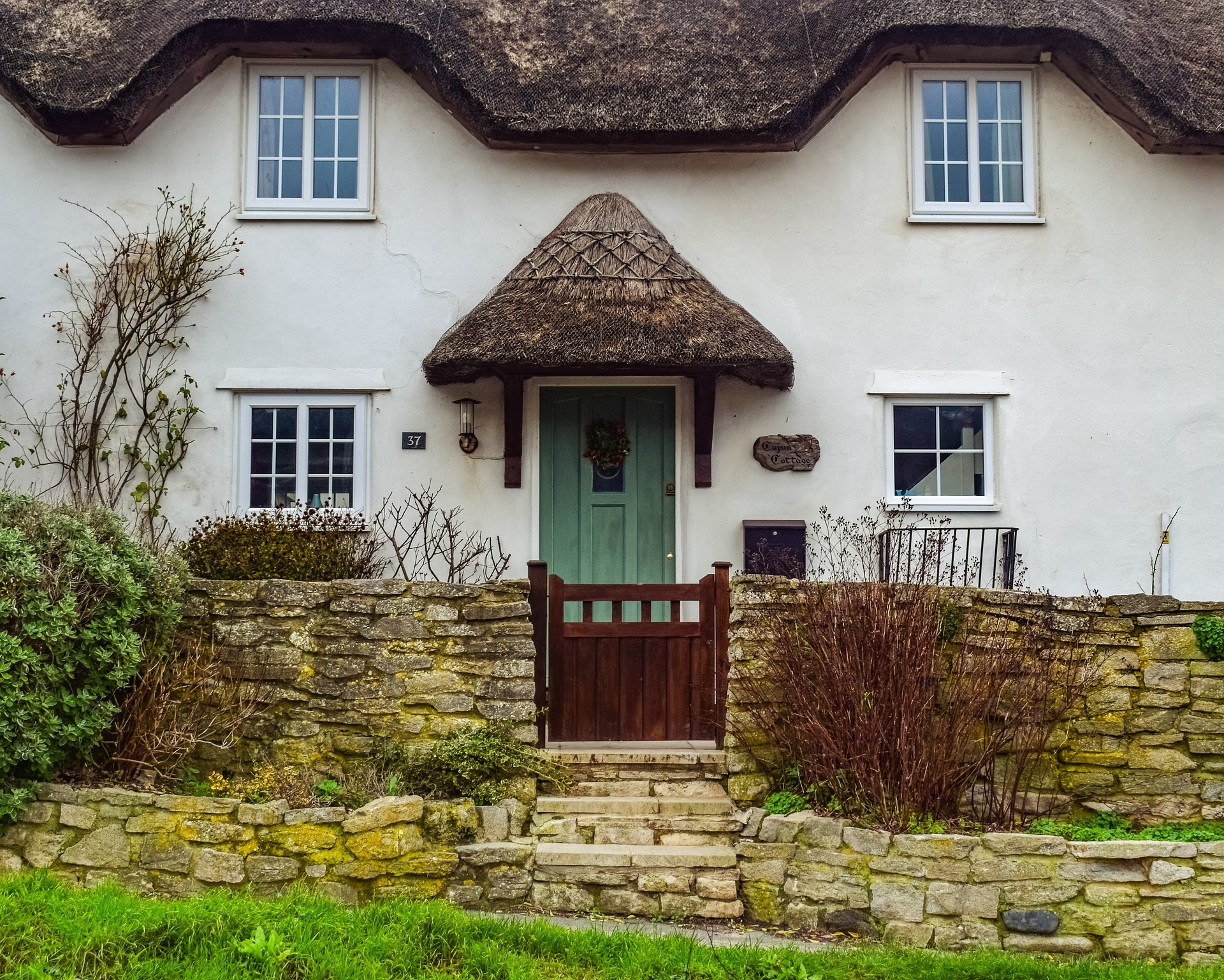When you want to get a mortgage, lenders will examine your past debt history through your credit score. Your credit score is a three-digit number calculated based on your credit report, and lenders use it to determine if they should give you a mortgage. You can obtain your score from credit reference agencies like Equifax, TransUnion or Experian.
If you have a higher credit score, it is less likely that you will miss any mortgage payments. This makes it more probable for your mortgage application to be approved. However, lenders will also consider other factors, such as your income and expenses, but your credit score is an essential part of their decision-making process.
What's Included?
Things which could negatively affect your credit score
Various factors can impact your credit score. For instance, your score may decrease if you fail to repay a debt, which could make it more challenging for you to secure a mortgage.
Moreover, if you have a financial association with someone else and their credit score is poor, your score can also be impacted. To avoid such situations, be cautious when opening joint bank accounts or entering into credit agreements with someone unless you are certain that they have a decent credit score.
Your credit score can be adversely affected if you have multiple credit arrangements, as lenders may worry about your ability to manage multiple debts and take on additional borrowing.
How to improve your credit score
It’s good news that you can improve your credit score to increase your chances of getting a mortgage, especially if your current score is low. First, ensure you are registered on the electoral roll, as being absent can affect your score. You can register to vote online at https://www.gov.uk/register-to-vote. Living at the same address for a while can also positively impact your credit score, so it’s better to avoid moving around if you plan to apply for a mortgage soon.
To improve your credit score, check how many open credit accounts you have, such as credit cards and personal loans. If there are unused cards, close those accounts. Also, pay off any significant credit balances and never miss a payment. Paying on time will increase your score.
A borrowing history is important to show lenders that you are responsible for managing debts. If you have not borrowed and are rejected for a mortgage or credit card, you can try using credit builder cards with low limits and high-interest rates. To improve your credit score with these cards, you must pay your balance in full each month and make timely payments.
Check for errors
If you have a low credit score and are sure you have always handled your debts responsibly, don’t assume the score is correct. Double-check your credit report for any errors that might have caused your scores to drop, such as a fraudulent credit account or a lender reporting a missed payment that never occurred.
If you identify any mistakes, contact the appropriate lender and credit reference agencies to ensure that your report is rectified.
Frequently Asked Questions
1. What credit score do I need to get a mortgage?
There is no one credit score or universal ‘magic number’ that you need to get a mortgage. However, if you have a good credit score from one of the main credit reporting reference agencies such as Experian, Equifax or TransUnion (formerly Callcredit), you are likely to have a good credit score with your lender³.
2. How does my credit score affect my ability to get a mortgage?
Your credit score is one of the factors that lenders consider when deciding whether or not to approve your mortgage application. A good credit score can help you get approved for a mortgage and may also help you secure a better interest rate².
3. What are the main credit reporting reference agencies in the UK?
The three major credit rating agencies used by lenders in the UK are Equifax, Experian and TransUnion¹.
4. How can I improve my credit score?
There are several ways to improve your credit score such as paying your bills on time, keeping your balances low on credit cards and other revolving credit, and only applying for new credit when you really need it⁴.
5. How long does it take for my credit score to improve?
It can take several months or even years to improve your credit score depending on how much work needs to be done⁴.
6. What if I have a bad credit score?
If you have a bad credit score, it may be more difficult to get approved for a mortgage. However, there are still options available such as applying for a guarantor mortgage or using a specialist lender².
7. What is a guarantor mortgage?
A guarantor mortgage is where someone else (usually a family member) agrees to guarantee your mortgage payments if you are unable to make them yourself.
8. What is an adverse credit mortgage?
An adverse credit mortgage is designed for people who have had financial difficulties in the past such as missed payments or defaults on loans or other debts.
9. Can I get a mortgage with no credit history?
It may be more difficult to get approved for a mortgage if you have no credit history as lenders will not be able to assess how risky it is to lend you money. However, there are still options available such as using a specialist lender.
10. How can I check my credit score?
You can check your credit score for free with any of the three major UK credit rating agencies: Equifax, Experian and TransUnion¹.
References:
(1) What Credit Score Do You Need For A Mortgage? | Experian. https://www.experian.co.uk/consumer/mortgages/guides/credit-and-mortgages.html
(2) What credit score do I need to get a mortgage? | Finder UK. https://www.finder.com/uk/credit-score-to-buy-house
(3) What credit score do I need to get a mortgage? | Finder UK
(4) Top 10 Tips for Getting a Mortgage | MoneySuperMarket. https://www.moneysupermarket.com/mortgages/first-time-buyers/top-ten-tips






